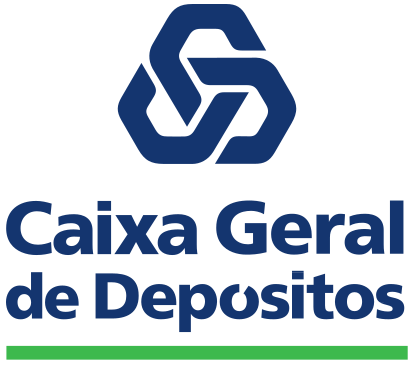
Summary: The side of Campinos which he prefers to conceal, or rather his association with a rather notorious Portuguese bank
In part 1 and in part 2 we spoke about the next President of the EPO and his past as a banker (something which he does not advertise). Today we go deeper.
Further research into the recent economic events in Portugal and problems surrounding the state-owned bank Caixa Geral de Depósitos has uncovered a lot of interesting information which may help to explain why Mr. Campinos might not be too keen to publicise his earlier professional connections with this financial institution which has fallen into disrepute.
Portugal has not been as badly afflicted as Greece by the Eurozone financial crisis. Nevertheless it is known as one of the economically weaker members of the EU's unitary currency system which led to it contributing the "P" to
the derogatory "PIGS" acronym.
In 2011 Portugal joined the casualty list of Europe's sovereign debtors after its prime minister, José Sócrates, requested a European Union bailout. See
"Portugal's PM calls on EU for bailout" (among similar article).
Although there were major problems festering below the surface in Portugal's banks, these did not become publicly visible until some time later.
The first serious signs of a crisis in the financial sector came in May 2014 with a scathing audit issued by the Portuguese central bank which questioned the financial stability and transparency of the Banco Espirito Santo (BES) which at that time was the second largest private financial institution in Portugal in terms of net assets.
Soon afterwards BES collapsed under the weight of bad debts to companies held by the family-controlled Espirito Santo Group and had to be rescued by the Portuguese central bank’s Resolution Fund in a 4.9 billion-euro bailout on 3 August 2014.
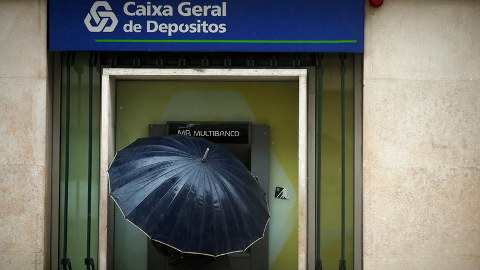
From 4 August 2014:
"Portugal in 4.9 billion euro rescue of Banco Espirito Santo"
The problems at BES were exacerbated by its involvement in shady dealings in Angola.
From 9 August 2014:
"Banco Espírito Santo: The Angolan Story"
Following the collapse of BES, serious problems became apparent in 2016 in the case of Caixa Geral de Depósitos (CGD) which holds nearly a third of all deposits in Portugal’s banking system.
CGD's troubles were initially reported in May 2016 with fears that the deteriorating situation could lead to financial collapse in Portugal.
From 29 May 2016:
"Caixa Geral's €4 billion refinancing demand may trigger Portugal's financial collapse"
By June 2016 CGD's liabilities were estimated at €5 billion or higher.
From 23 June 2016:
"CGD’s liabilities now pegged at €5 billion and rising"
In August 2016, a 5 billion euro recapitalization package for CGD was agreed between Portugal and the EU.
From 24 August 2016:
"EU, Portugal agree on 5 billion euro recapitalization for ailing bank CGD"
From 25 August 2016:
"Portugal to bail out its biggest bank"
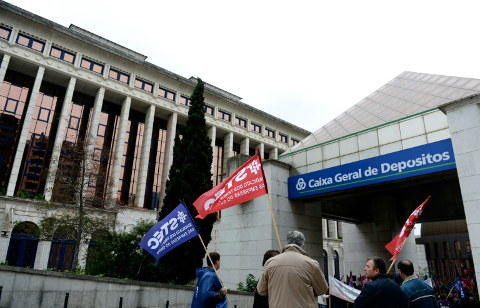
The situation at CGD was referred to a parliamentary commission of inquiry and management practices at the bank also came under scrutiny from the public prosecutor with the opening of an investigation into what national tabloid Correio da Manhã called "suspicions of the crime of ruinous management".
From 23 September 2016:
"CGD’s “ruinous management” now officially under DCIAP investigation"
In July 2017 it was confirmed that the public prosecutor suspected that management practices at CGD had involved breaches of criminal law.
From 11 July 2017:
"Prosecutor suspects harmful management crimes in CGD"
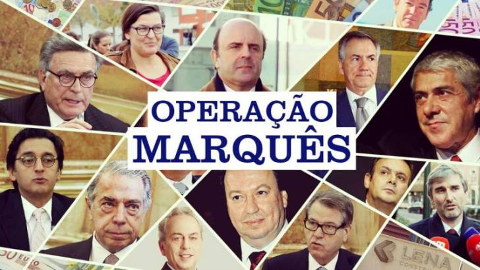
Meanwhile investigations into allegations of corruption surrounding the former Socialist prime minister, José Sócrates, which were conducted under the code-name of "Operation Marquês", have led to findings which suggest that CGD played a key role in some of the financial irregularities in which Sócrates has been implicated.
Recently, on 11 October 2017, the public prosecutor finally released its accusations in the "Operation Marquês" case according to which Sócrates was accused of 31 separate crimes of corruption, involving the accumulation of €24 million in bank accounts in Switzerland.
From 11 October 2017:
"Operation Marquês charges announced - Sócrates controlled €24 million in Swiss bank accounts"
Also from 11 October 2017:
"Operação Marquês: Former PM Sócrates, Salgado and Bava charged with corruption"
Another one:
"Sócrates accused of 31 crimes, “accumulating” €24 million in Switzerland"
According to the public prosecutor's charge sheet, the role of Sócrates’ chief corruptor is the former Banco Espirito Santo patriarch Ricardo Salgado, accused of 21 crimes - one of active corruption of a holder of political office, two of active corruption, nine crimes of money-laundering, three of abuse of confidence, three of document falsification and a further three of qualified fiscal fraud.
A further key figure is Armando Vara (below), a Portuguese politician and member of the Portuguese Socialist Party, who was previously a senior executive at the Caixa Geral de Depósitos. Vara was already sentenced to five years in prison on corruption charges in 2014 in connection with the co-called "Face Oculta" case. This was a nationwide political corruption, money-laundering and corporate tax evasion scandal which originally came to light in October 2009 and resulted in charges being brought against 36 defendants: 34 people and two companies. 11 prison terms were handed out in September 2014.
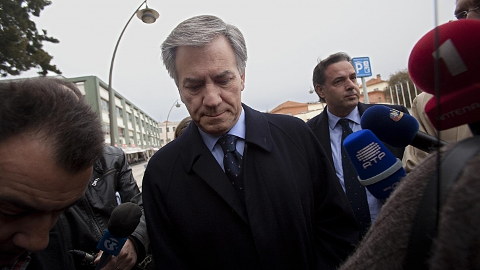
From 5 September 2014:
"Face Oculta sentences handed out – Godinho gets 17 years in prison"
According to the pending charges brought against Sócrates under "Operation Marquês", he is alleged to have favored the company which controls the Algarve tourist resort Vale de Lobo by means of a government plan in collusion with Vara who at the time was a Director of CGD which was the bank responsible for financing the enterprise.
In all, CGD conceded loans to Vale do Lobo amounting to more than €200 million as well as buying a 25% share in Vale do Lobo’s capital. Sócrates and Vara are accused of having received "kickbacks" for their part in the deal. In the meantime, Vale de Lobo's outstanding debt to CGD has been estimated at around €300 million including default penalties and interest.
From 23 March 2017:
"Vara pulls ‘senior moment’ when grilled over “how many times he discussed CGD with Sócrates”"
From 18 June 2015:
"Vale do Lobo now a “key link” in Operation Marquês corruption investigation"
Article in Portuguese dated 9 February 2017:
"Comissões de 200 mil recebidas por gestores envolvidos no caso Sócrates"
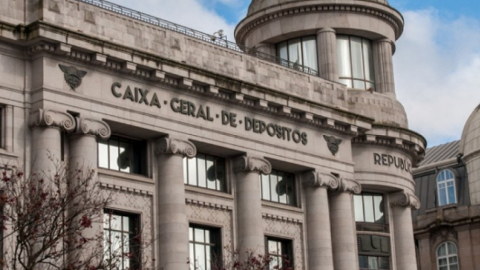
In the next part we shall look at links between CGD and the INPI.
⬆





